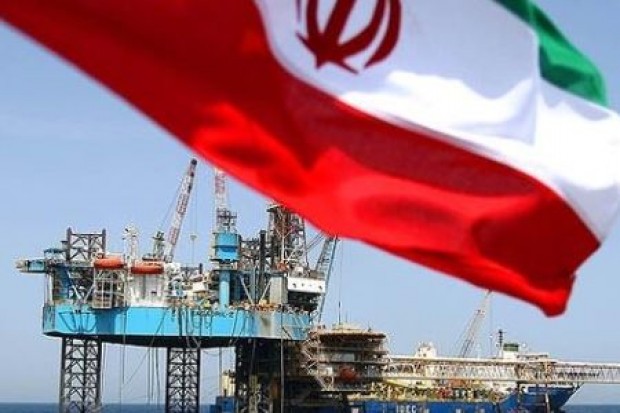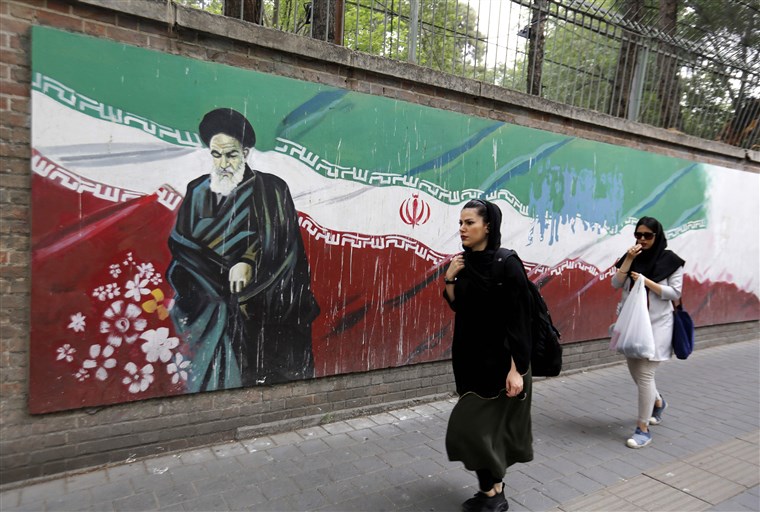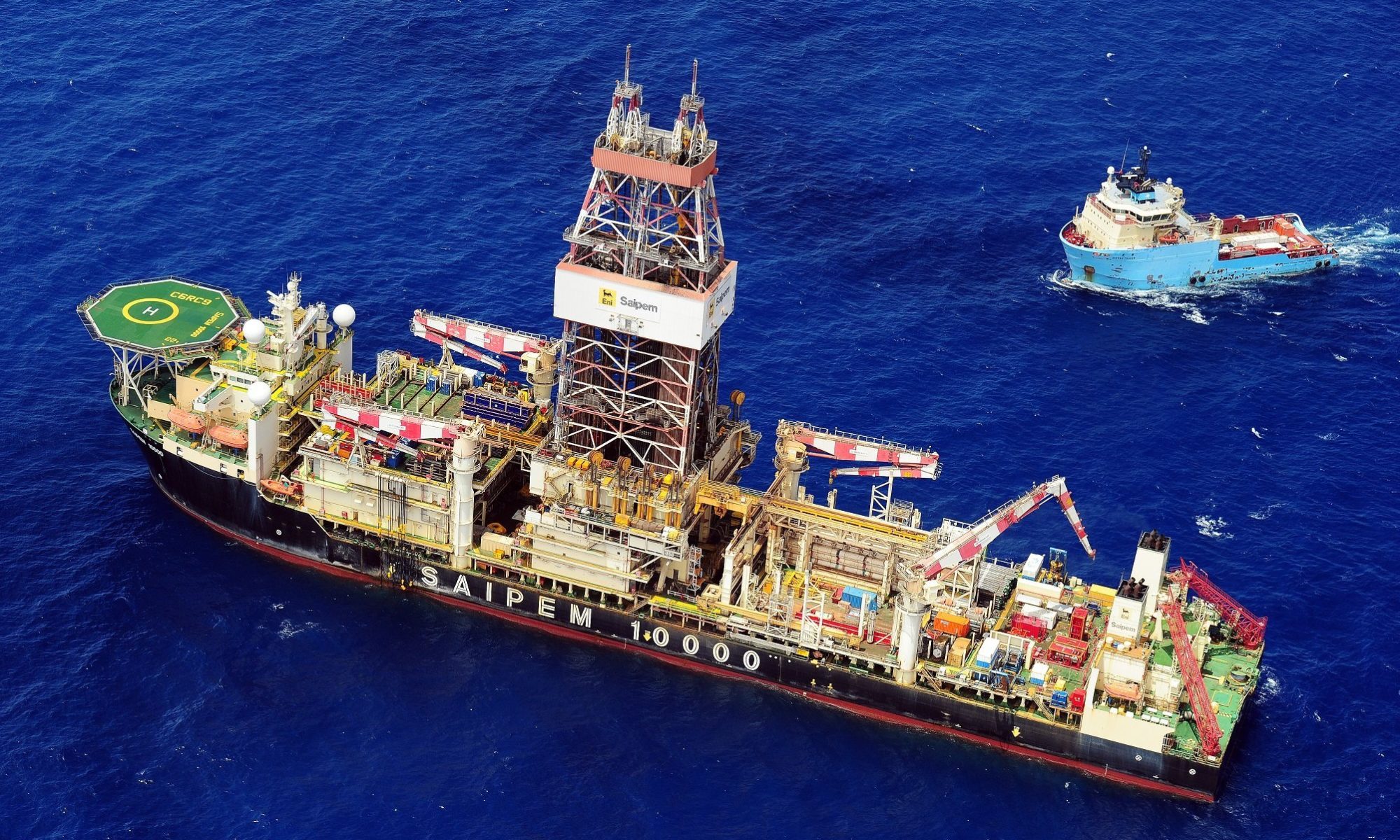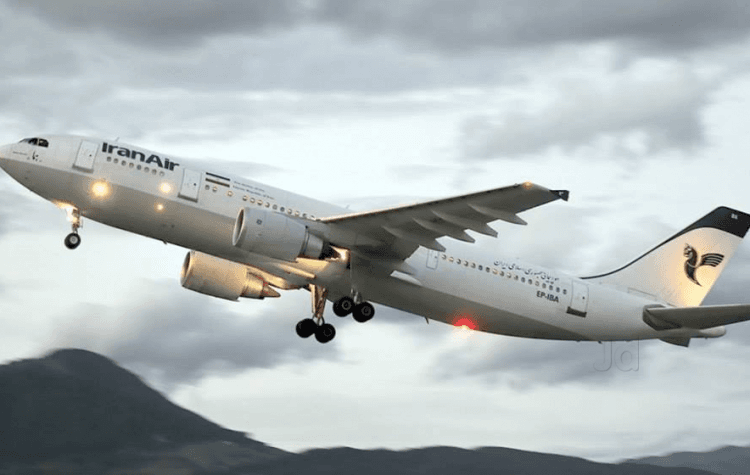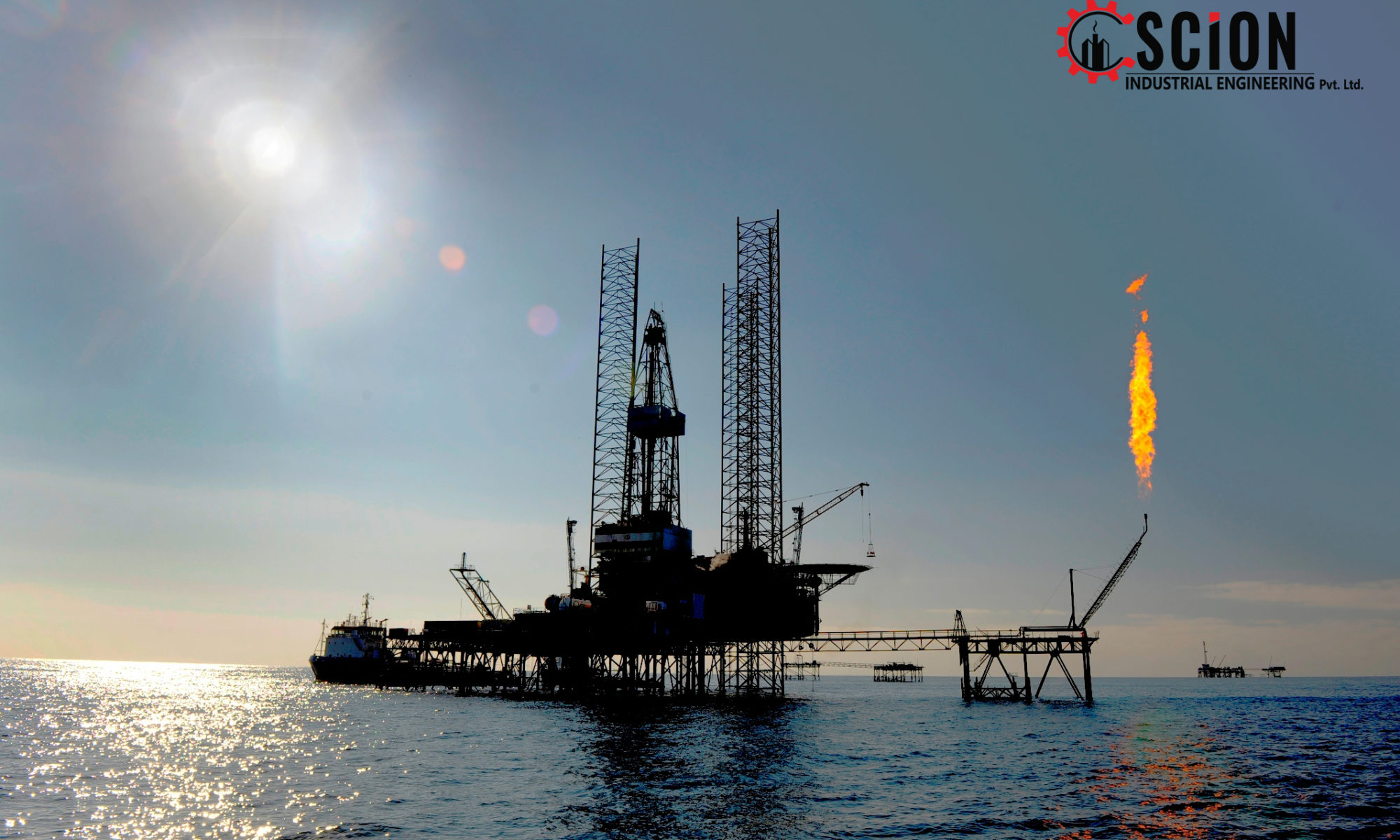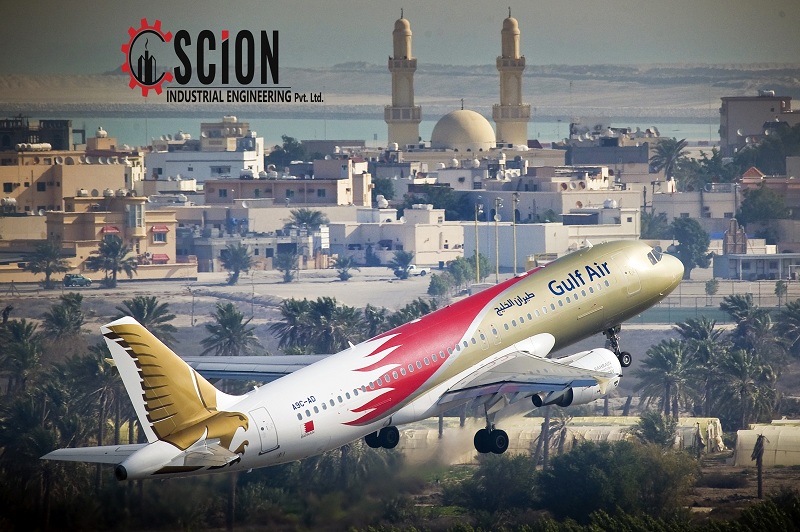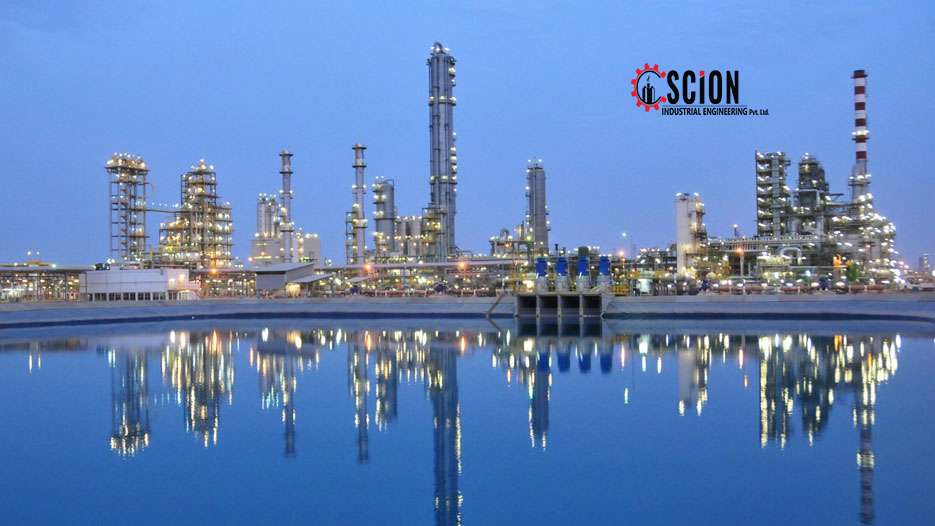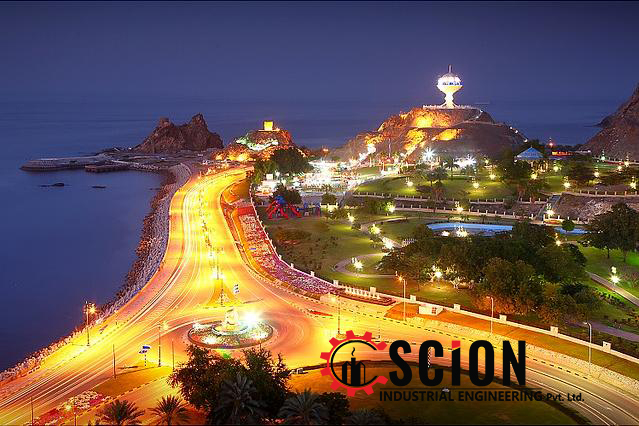Iran has officially launched a secondary currency market which it hopes would help ease tensions around the prices of the US dollar.
Iran’s top banker says a secondary currency market meant to ease tensions around the prices of the US dollar has started to work.
Valiollah Seif, the governor of the Central Bank of Iran (CBI), said the second currency market would enable “minor importers” to buy their required dollars from exporters of certain non-oil products.
Seif emphasized that the price of the dollar would be set according to the supply and demand balance in the market.
He added that the CBI would allow 20 percent of dollars provided from exports of certain non-oil products excluding petrochemicals, steel and colored minerals to be sold to importers in the secondary currency market at rates mutually agreed by exporters and importers.
The Iranian rial plunged to a record low against the US dollar on the unofficial market last Sunday.
The dollar was being offered for as much as 87,000 rials, compared to around 75,500 on the previous Thursday.
In April, the rial also plunged to its lowest level against the dollar in the free market.
This forced Iran’s police to shut down several currency exchange shops and arrest a number of money changers after what was seen as a serious turmoil in exchange rates.
They intervened after the plunge of the rial which dropped to around 45,000 against the US dollar from 37,700 in mid-2017.
Commercial bankers at the time linked the rial’s slide partly to seasonal demand for US dollars, which rises around the end of the Persian year (March 21) when many Iranians travel abroad.
However, some maintained that US President Donald Trump’s hostile rhetoric, including his threat to reinstate previous sanctions on Iran, had been effective in the deterioration of the rial’s depreciation.
In May, Trump announced that he would pull America out of a 2015 nuclear agreement with Iran and re-impose the sanctions that the deal had envisaged to be lifted.
He has already emphasized that the sanctions which would be imposed on Iran would be “at the highest level”.
The sanctions would include a universal ban on Iran over buying or acquiring US dollars as well as restrictions over purchases of crude oil from the country and investing in its oil sector projects.
Source:http://www.payvand.com/news/18/jul/1014.html

